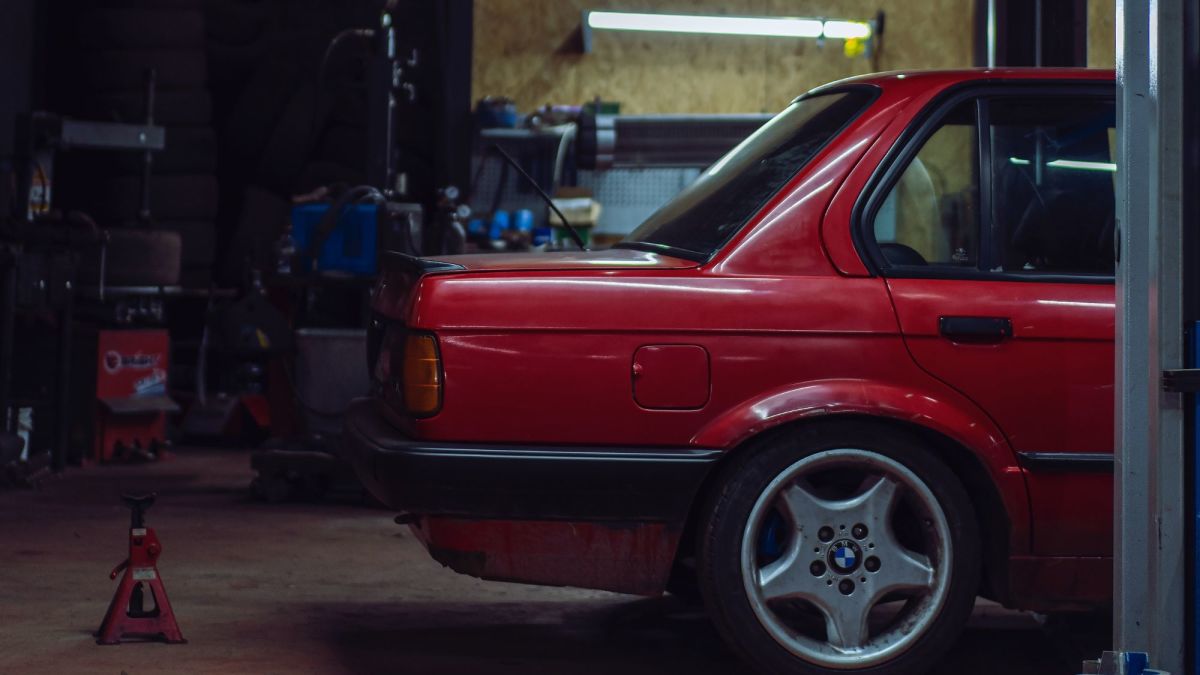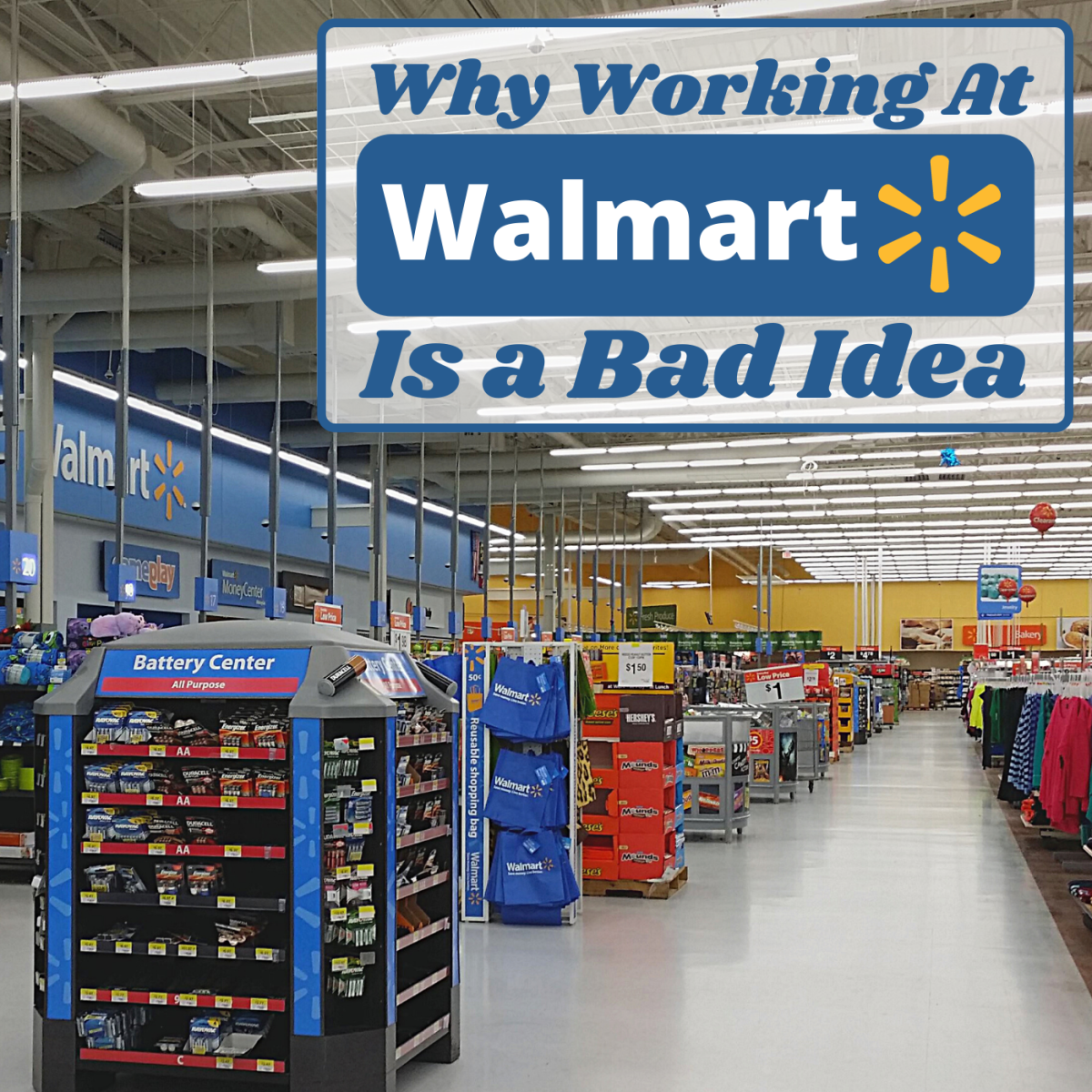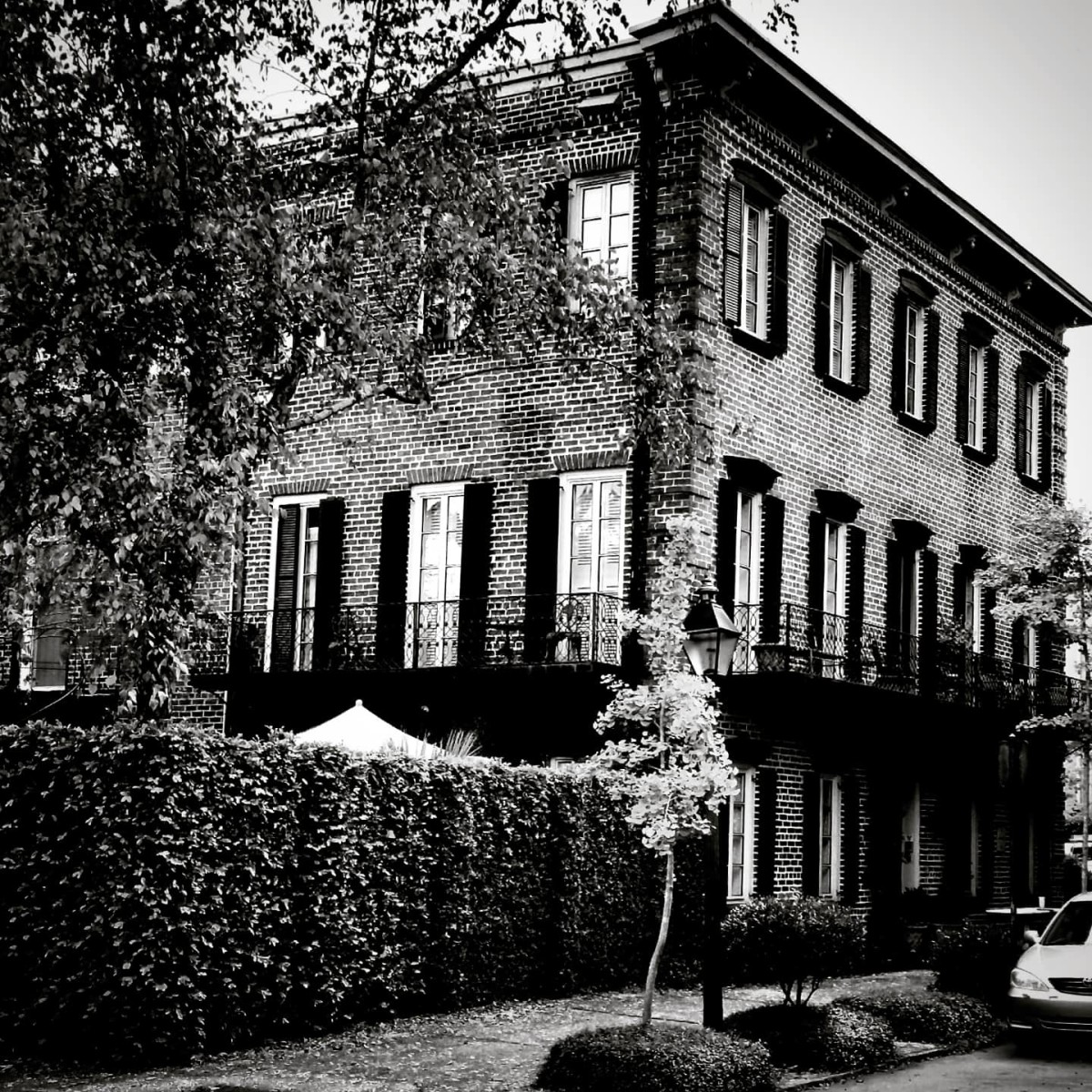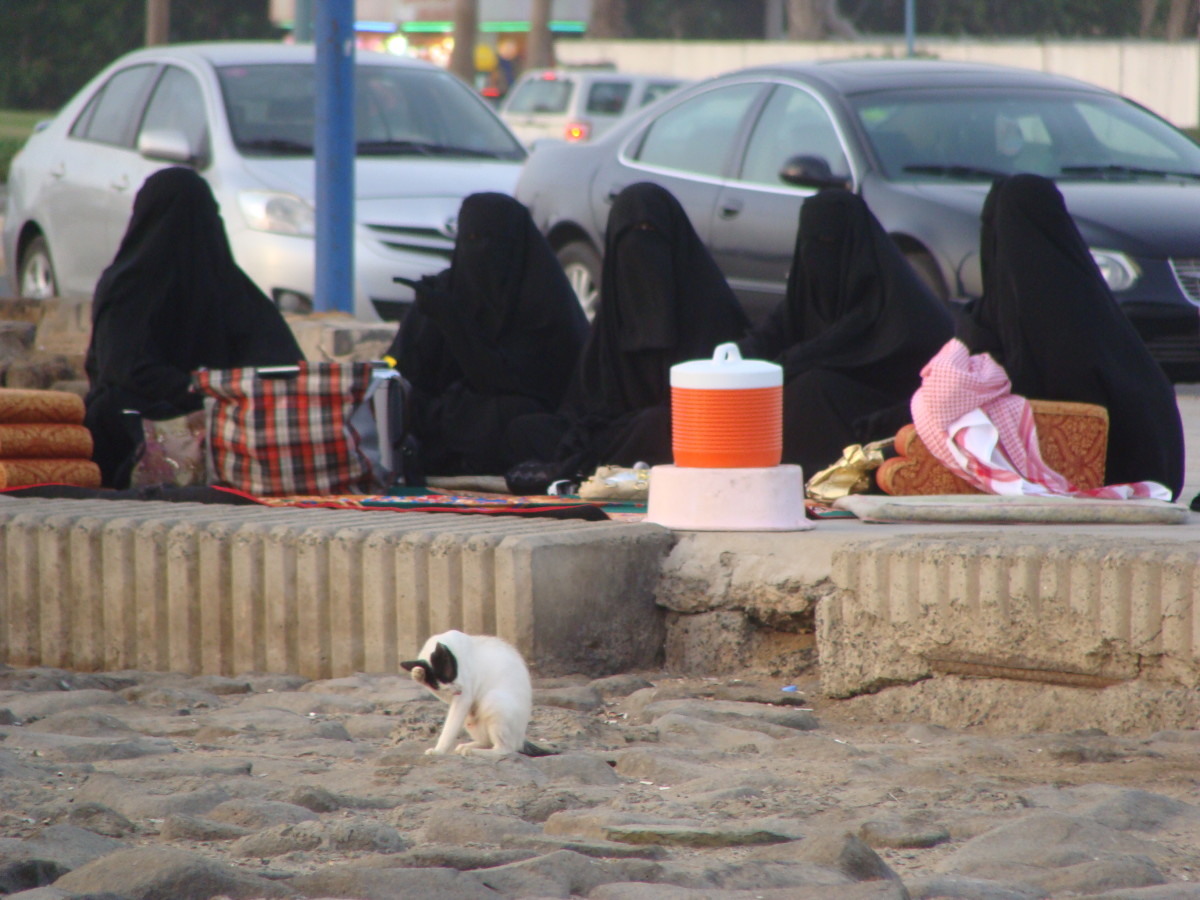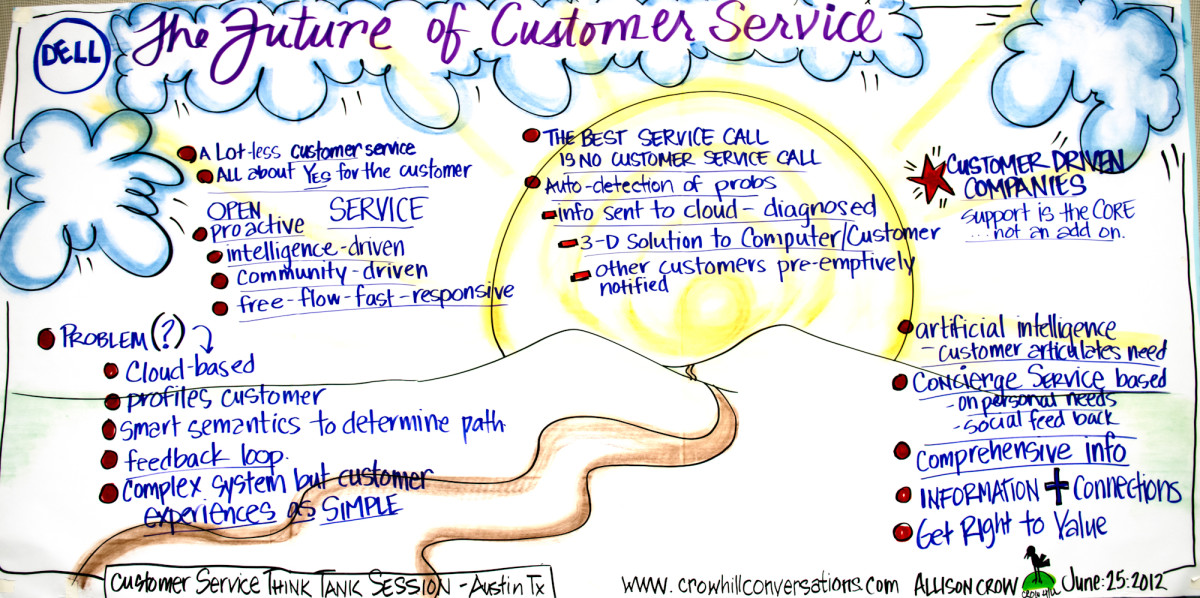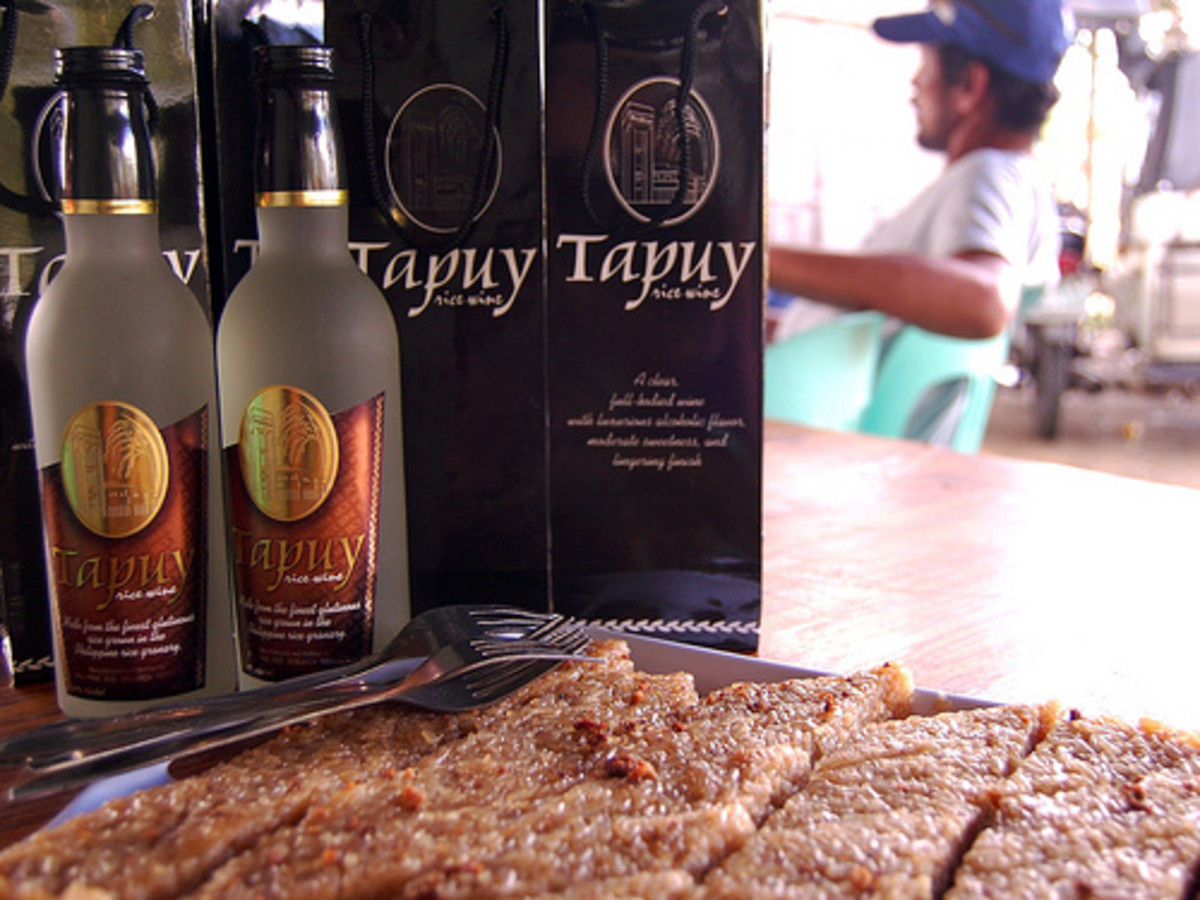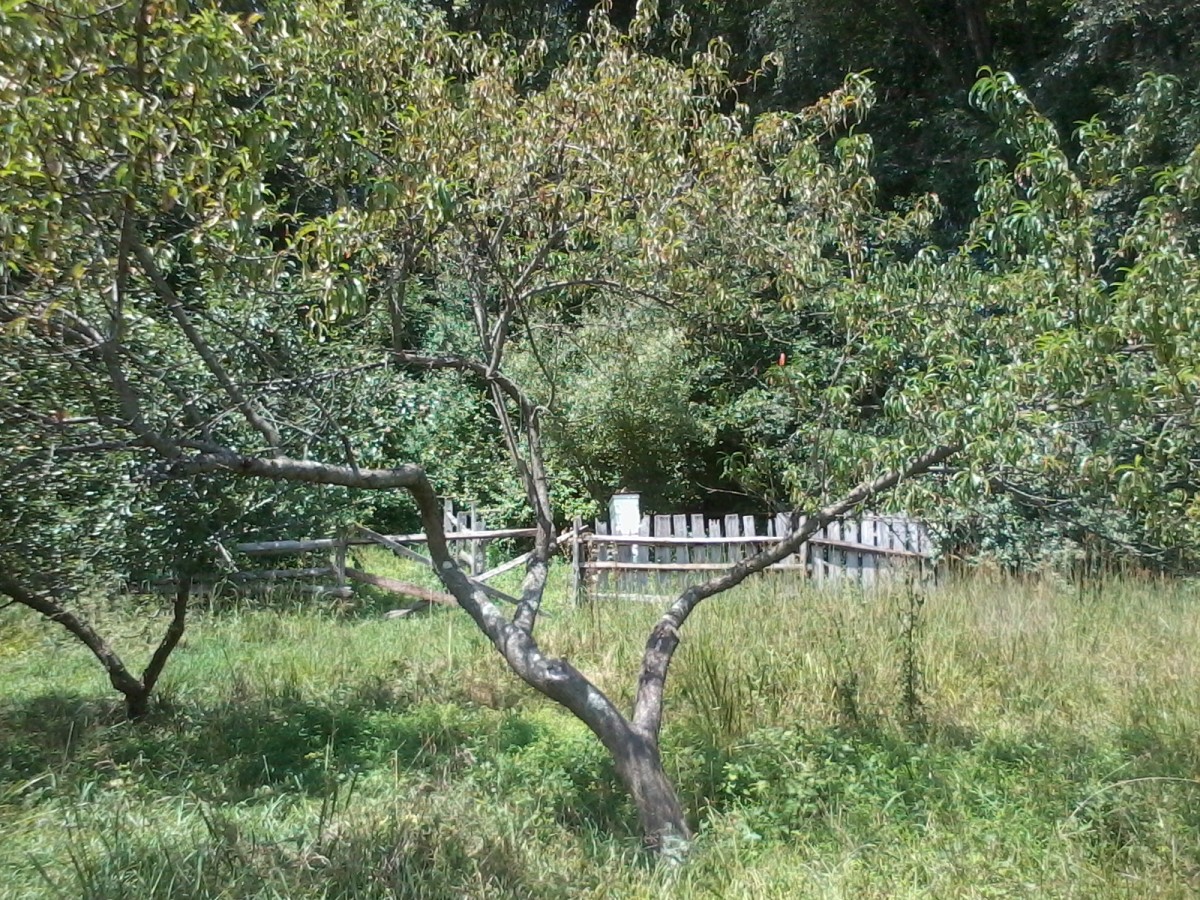Food & Beverage
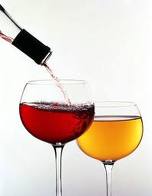
Food & Beverage
The chapters are Local Licensing framework, Implication of licensing regulation, Developing a drinking list, The pricing policy for the new drink list, Purchase of beveragestock, Storage and control of Beverage, Recommendations.
Details Descriptions are below.
Introduction
The Food and Beverage section plays a pivotal role in a star hotel. Such a hotel can hardly be conceived of without food and beverage section. Star hotels worldwide (excepting in some Islamic countries) have cosy and gorgeous bars which earns them significant amount of revenue.
2. As provided in the research guideline, the researcher, hereinafter called the Assistant Manager, has joined a London city centre 4star hotel in its beverage section. The Manager has asked him to investigate how to extend the beverage provision of the hotel. The purpose of this investigation is primarily to identify strategy to procure and sell quality beverage at competitive price and serve the same to their customers to their satisfaction in an ambient environment. If done so, the hotel will have more customers which eventually will boost up its sale and revenue.
3. This assignment opens an opportunity for the Asstt. Manager to prove his efficiency and capability. He therefore needs having a fair knowledge of the different aspects of the UK licensing regulations to achieve an in depth insight and knowledge about procurement and sale of different kinds of beverages and about how to achieve customers satisfaction. Accomplishing the assignment with will assist him perform his duties effectively and gain experiences he needs to build a sound career in the hotel and tourism industry.
The knowledge and experiences he will earn by preparing this report will be milestone in his career building; it will strengthen his confidence and contribute to his developing sound professionalism in this industry, an achievement that is significantly important for him to build a career as an international expert in hotel industry.
Chapter 1 to 3
Chapter 1
Local licensing framework
2.1 In order to succeed as an Assistant Manager in a London city 4 star hotel, he needs to have fair knowledge of several aspects of licensing laws in the UK. No body, without having knowledge of licensing laws is granted any licence.
(John Cousins, et al, Food and Beverage Management, 2nd Edition)
2.2 There were various licensing laws in the UK governing sale of liquor in the past. The `Licensing Act 2003’ came into existence on 10 July, 2003, which “provides for a unified system of regulation of the activities of the sale and supply o alcohol . . . .”
(Para 6, Explanatory Notes, Licensing Act 2003)
2.3 Some aspects of the licensing Act 2003 (hereinafter called the Act):
The Assistant Manager should acquire knowledge of some aspects of licensing regulations: he cannot simply perform his duties if he is not totally or partly aware of these regulations and activities carried on their basis. These are explained below:
a. Licensable activities and qualifying club activities.
These activities are :
“(a) the sale by retail of alcohol,
(b) the supply of alcohol by or on behalf of a club to, or to the order of, a member of the club,
(c) the provision of regulated entertainment, and
(d) the provision of late night entertainment”
(Section 1, part 1, ibid)
b. Licensing authorities.
The Licensing Act 2003 mentions the bodies which constitute licensing authorities. Each licensing authority, with the exception of those which cover the Inner and Middle Temples, is required to establish a licensing committee of between ten and fifteen members. (section 6 ibid) and also describes the objectives which the licensing authorities must promote. These objectives are :
“ * the prevention of crime and order;
· Public safety
· the prevention of public nuisance;
· the protection of children from harm”
(section 4 ibid)
c. Each licensing committee is required to “determine and a publish a statement of its licensing policy every three years. In doing so, the Licensing authorities must consult:
· the police
· the local fire authority
· people who represent holders of various categories of licences,
· representative of local business and residents.
(section 5 ibid)
d. This Act provides for four types of licences, namely:
* Personal licence
* Club premises certificates
* Temporary event notices.
* Premises licence
(Para 8, Explanatory Notes to the Act)
2.9 A premises licence :
2.10 This licence authorises a hotel to carry out licensable activities. It has details of operating conditions which requires the premises to carryout its operation in line with the licensable objectives. It lasts unless it is surrendered or revolved. It may be time limited if the applicant so requests.
2.11 Some aspects of regulations on premises licenses:
An application for a premises licence needs to be made in prescribed form
An applicant for a premises licence:
a. will submit an operating schedule underlining curtain details about activities to be carried out in the premises.
b. if represented against it by the police, the fire authority, the safety agency, or interested parties, the licensing authority will call for a hearing. After considering the hearing, the same authority may reject the application fully or partly or may attach some conditions to the licence.
c. requires an appointment of an ‘authorized person’.
d. requires a ‘designated premises supervisor’, a holder of personal licence for the place where the premises licence operates.
e. identifies some categories of persons, who, among others, may apply for a premises licence :
- A person who is engaged or proposed to be engaged in a business involved in licensable activities in the premises.
- Any individual aged at least 18 wishing to run a business on commercial basis involving the sale or supply of alcohol.
f. provides for some mandatory conditions which, among others, are:
· every supply of alcohol must be made by a personal licence holder or person by him.
· in case a premises licence is stolen, lost, damaged or destroyed, the premises licence holder may apply for a copy to the licensing authority.
· unless granted for a limited period on the desire or the applicant, a premises licence will last until it is surrendered or revoked. This will lapse if the holder dies, mentally incapable and insolvent, the company is dissolved. A licence holder may voluntarily surrender a premise licence. A premises licence holder has to pay an annual fee to the licensing authority and under section 57 ibid. The licence or its certified copy must be held on the premise to which it relates.
(Paragraphs 48-50, 52-53, 55-56, 58-59, 66-67, 72-74, 82, 108, ibid)
2.12 Some other aspects:
* Unlike the previous regulations, the Licensing Act 2003 does not fix up the days or the opening hours when alcohol may sell by retail for consumption on or off the premises. The licensees themselves decide when to sell and when to close the sale.
* Centrally set, fees for licence, certificates etc are fixed on the basis of full cost recovery.
* The licensing authorities have the power to suspend, or revoke a licence. They can also modify operating conditions.
* The police are empowered to close licensed premises to deal quickly with unruly behaviour and excessive noise.
(Paragraphs 12-17, ibid)
2.13 Offences:
The following activities, among others, constitute offences under the Act. Ignorance of these offences will impede a manager’s function and duties. A few of them are:
* Unauthorized licensable activities (Section 136)
* Exposing alcohol for unauthorized sale (Section 137)
* Keeping alcohol on premises for unauthorized sale (Section 138)
* Allowing disorderly conduct on licensed premises etc (Section 146)
* Sale of alcohol to a drunk person.
* Obtaining alcohol from a drunk person (Section 142)
* To keep smuggled goods. (Section 144)
* Admitting unaccompanied children under 16 to certain premises (Section 145)
* Selling alcohol by retail on and from moving vehicles (Section 158)
* Furnishing false statement made for the purpose of this Act (Section 158)
(Part 7 of the Licensing Act 2003)
Chapter 2
Implication of Licensing Regulation
In this age of high-tech technology when business operations are conducted within moments through electronic online system, processing of application for a beverage licence takes rather a longer time. Granting such a licence by the licensing committee is also equally time-consuming.
Chapter 3
Developing drink Menu/List
3.1 Knowledge of some licensing regulations does not help fully an Assistant Manager to identify how to extend the beverage provision of the hotel. He has to focus on the sale tools of beverages, a primary requirement and significant contributor to their sale. These tools are:
* Beverage menus
* Creating right and cosy ambience and decor in the bar room.
* Selling of popular and quality drink at competitive price.
The common and main tools are the menus, popular and quality beverages themselves. To carry out the program of extending beverage provision the Assistant Manager must consider the following:
* When customers are on the premise at a hotel bar or restaurant, they look for:
- an attractive and appropriate menu.
- good food and beverages in a soothing and ambient environment.
3.2 The beverage menus:
The beverage menus inform customers what drinks they may have available and their cost. By presenting a well planned and nicely prepared menu, an atmosphere is created to target sale of alcohol to the customers and achieve a margin of profit. The Assistant Manager therefore considers it very important to plan and present an appropriate menu so as to make the customers touch the menu with a sense of satisfaction that easily leads him to his choice. Using correct language and setting right location of the items in the menu, the management may skilfully entice customers to select their items comfortably.
3.3 To carry out his strategy the Assistant Manager needs to fix up basic menu criteria that consists of the following factors:
3.4 General presentation
General presentation of a menu identifies the image of the hotel. The following aspects of a menu are very important which should be:
* attractive
* clean
* easy to read
* complementary
* responsive to current awareness
* well designed
3.5 Menu Content
3.6 The contents of a menu is very important. The Assistant Manager considers that the extension programme for beverage provision the menus need to be prepared and presented in the style and with features as discussed below.
* Language
The language of a menu must be in line with the type of operation. If prepared in foreign language, it must use simple and accurate translation so that customers can easily choose items of their preference.
· Accuracy
The menu needs conveying the right price of the items and their availability. Customers do not like wasting their time. So the menus must be accurate about pricing and availability.
· Pricing:
Attractive and competitive, correct pricing of an item of food or alcohol is key to the extension programe. Recasting the present price structure is essential to target larger sale at comperetative price.
· Sales mix
Sale mix refers to composition of total sales as between main food and beverage. Designing a menu with potential sales mix of items the customers may select is important. If the sales mix is not satisfactory it will be hard to cover the total costs of food and drinks which eventually may fail the operation.
· Layout of the menu:
It should neither be too short or too long. The length of the menu should be as such as will adjust itself to the liking and need of the customers, who prefer short and attractive menus.
3.7 Types of beverage menus.
Beverage menus are grouped as:
· Wine menus
· Bar menus
· Room service beverage menus
· Special promotion beverage menus.
Bar menus
These are of two types, such as, large display of beverage menus and the small printed menus. The former should be displayed at the back or to the side of the bar while the later be available on the bar or on the table of the bar.
· Room service Beverage menus:
Depending on the standard of the hotel and the level of room service offered, these should be quite expensive to entice the customers.
· Special promotion beverage menus:
It is essentially a promotion menu. This relates to advertising sale of a particular beverage either free or at a special price during an event.
(Bernard David, Food and Beverage Management, 3rd Edition 1998)

